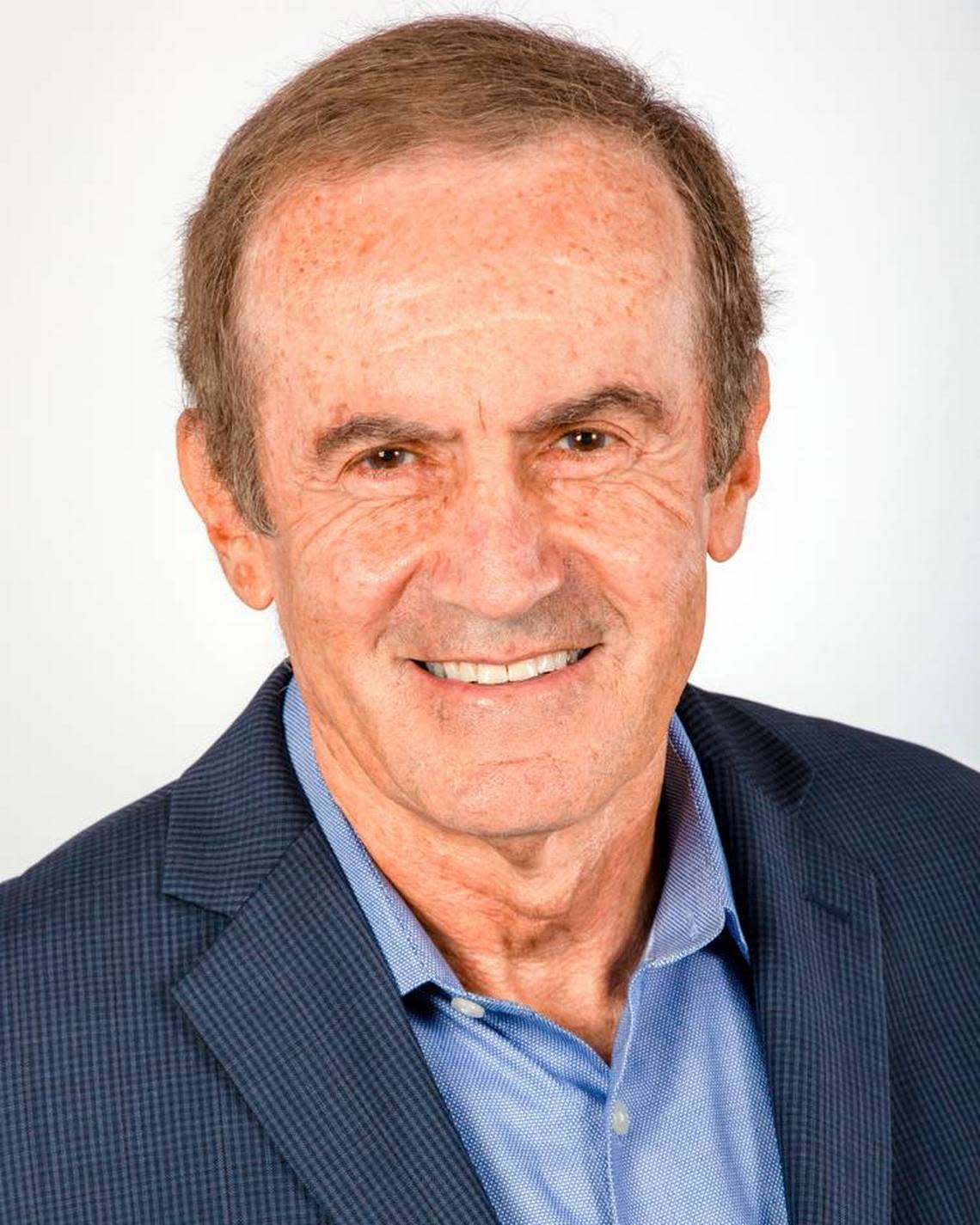Latin American summit in Argentina claimed to defend democracy but did the opposite | Opinion
The summit of heads of state of the 33-country Community of Latin American and Caribbean States (CELAC) ended Tuesday in Buenos Aires, Argentina, with grandiose speeches in defense of democracy, but in fact turned out to be a show of support for dictators and coup-mongers.
To begin with, Cuban dictator Miguel Diaz Canel, alongside the foreign ministers of Venezuela and Nicaragua, were allowed to sit at the table as equals with democratically-elected leaders. That gave these totalitarian regimes a political legitimacy they rarely receive in international gatherings.
What’s worse, the summit’s host, Argentina’s populist President Alberto Fernandez, claimed at the meeting that “all of those who are here were elected by their people.”
That wasn’t just a blatant lie, but an insult to people’s intelligence. Cuba has not allowed a free election in the past 64 years, bans all opposition political parties, and does not allow one single non-government newspaper, radio or TV station. There is no such thing as a fair election in Cuba.
Venezuelan dictator Nicolás Maduro re-elected himself in a sham 2018 election in which he banned opposition candidates, censored the media, and did not allow international observers. More than 50 world democracies declared Maduro an illegitimate president after his electoral fraud.
Nicaragua’s strongman Daniel Ortega re-elected himself for a fourth consecutive term in rigged 2021 elections, in which he had jailed or banned all of the most popular opposition candidates. The three countries are accused of massive human rights violations.
You can argue that Argentina has a right to host all members of the CELAC, regardless of their democratic credentials, just like the U.S. government hosts dignitaries of China or other dictatorships at international meetings in Washington, D.C. But Argentina went the extra mile, and claimed its three totalitarian amigos are democratically elected presidents.
Maduro had initially vowed to attend the summit, but stayed at home at the last minute after Argentina’s opposition leaders called for his international arrest. The U.S. government has offered a $15 million reward for for Maduro’s capture after indicting him on drug trafficking charges.
In addition to helping legitimize the regimes of Cuba, Venezuela and Nicaragua, several presidents at the CELAC summit supported former Peruvian President Pedro Castillo’s Dec. 7 failed coup in Peru.
The presidents of Colombia and Mexico made impassioned speeches in defense of Castillo, who was legitimately removed from office by Congress after his coup attempt.
Mexico’s President Andres Manuel Lopez Obrador told the summit that “it’s an infamy what was done to Pedro Castillo and the way they are repressing the people” in Peru.
In fact, Castillo announced in a nationally televised address that he was dissolving Congress and would rule by decree — the very definition of a self-coup to grab absolute powers.
Also at the summit, the president of Argentina and Brazil’s newly inaugurated President Luiz Inacio Lula da Silva gave a hero’s welcome to former Bolivian president Evo Morales, himself a serial constitutional offender.
Morales illegally ran for a fourth term in 2019, and proclaimed himself the winner of a sham election before he was forced to resign. Peruvian authorities recently banned him from entering the country, accusing him of instigating violence in Peru.
Among the few voices that defended fundamental freedoms at the CELAC summit were Chile’s left-of-center President Gabriel Boric, and Uruguay’s right-of-center President Luis Lacalle.
The CELAC summit’s 28-page final declaration amounts to a wish list on trade, the environment, education and dozens of other major issues. It did not mention the Peruvian crisis, presumably because CELAC’s final statements must be approved by consensus.
In a special section on Cuba, the CELAC’s final declaration calls on the United Nations to seek an end to the U.S. trade embargo on Cuba, and demands that the United States take Cuba off its list of nations that sponsor terrorism. But the declaration doesn’t ask Cuba to hold free elections, nor to free political prisoners.
The declaration’s final paragraph announced that CELAC’s next summit will be chaired by St. Vincent and Grenadines, whose prime minister, Ralph Gonsalves, is a close ally of Venezuela, Nicaragua and Cuba, and has been in power without interruptions for the past 22 years.
In short, the CELAC summit paid lip service to democracy, but in effect endorsed dictators and coup plotters.
Don’t miss the “Oppenheimer Presenta” TV show on Sundays at 7 pm E.T. on CNN en Español. Twitter: @oppenheimera

